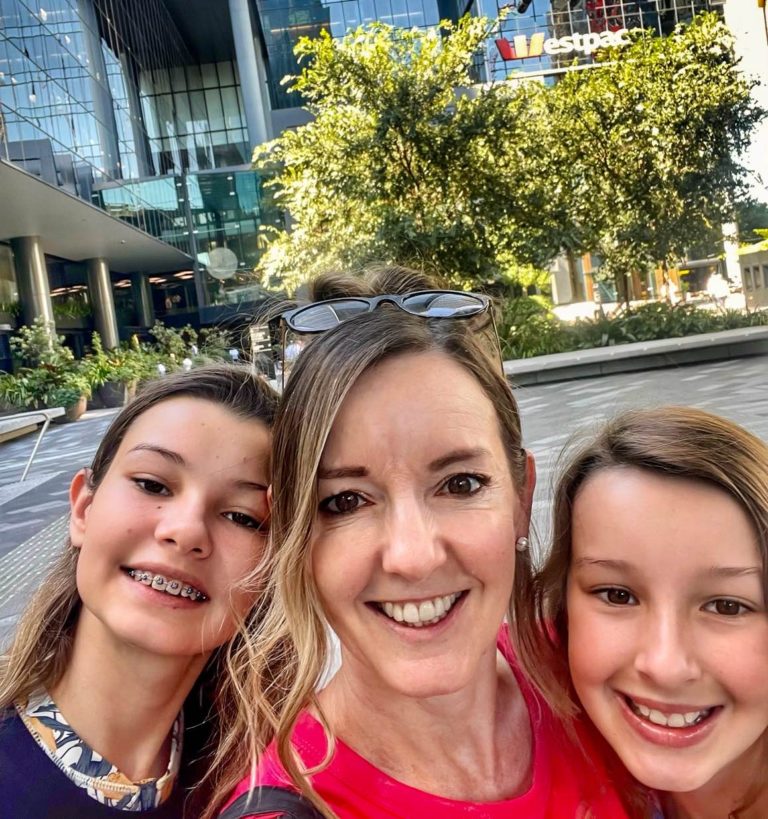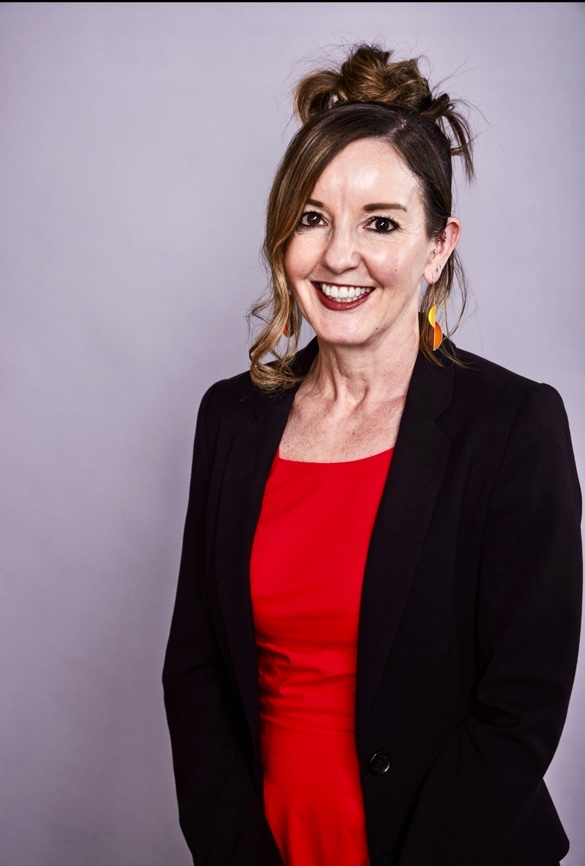Helping your child be ready to head back to school is about more than simply choosing a new backpack.
Endeavouring to help children access the best possible educational outcomes that meet their uniquely special needs can demand some significant decision-making.
Jane Calvert is Head of Community and Foundations at Westpac. With the new school year commencing for schools in the Eastern Division of New South Wales on Tuesday 30 January (the state’s Western Division schools kick off one week later on 6 February), she shares her family’s story with EducationDaily as an important reminder that those educational needs can evolve – and how recognising that can help make a positive difference in your child’s life.
Supporting Milla’s education has meant changing the goalposts – Jane Calvert’s story:
The ongoing debate over whether to integrate or segregate children with additional learning needs has played out very close to home for us over the past 12 months. As parents across Australia prepare to celebrate their children’s return to school this week – we are instead grappling with anxiety, having made the extraordinarily difficult decision to move our daughter from the mainstream system to a ‘special’ school for her secondary education. Here’s why.
My daughter is what I call ‘a cuspy-kid’. She has a number of disabilities and diagnoses but is right on the cusp of all of them. You might not notice the autism, perhaps you would the ADHD. You’d struggle to pick the intellectual disability – might not even see the cerebral palsy.
I tell myself that’s maybe because I put my career on hold and spent the first six years of her life prioritising every therapy under the sun after she survived a stroke in the womb. Because I was obsessively driven by one goal – to get her into a mainstream school.
Why? Well, apart from the fear of judgement I am ashamed to admit I feared would come with sending her to a special school, I was not at all ready to accept my daughter’s issues might in any way compromise her education or options for the future. To send her anywhere other than a mainstream school would to me, at the time, be giving credence to the unthinkable. That she might not be able to make it in mainstream society.
My daughter is now in grade six, and for the past six years, we have watched her struggle. Struggle to make friends. Struggle to keep up. Begin to realise, in her own way, that she is not the same as most other kids. That she is not ‘as smart’, which breaks my heart because she is, she is, in so many ways, but not in the way things are measured and valued at mainstream schools. We have watched her confidence wither, her skills at masking her issues flourish, while she returns home at the end of the day shattered with exhaustion and not from the effort of learning – but from the effort of hiding the fact that she’s not.

We have recently made the gruelling decision to send her to a special school for her secondary education. The irony is we had to fight nearly as hard as we did to get her into a mainstream one, because, as I mentioned, her IQ scores were right ‘on the cusp’. When it comes to getting access to schools for kids with intellectual disabilities it is very black and white. You are either above 70 or below it. She was technically below but with an adjusted score in consideration of her other issues which put her just above – meaning I then had to fight for something I had never wanted to truly accept in the first place – to have my daughter officially diagnosed with an intellectual disability. The conflicting emotions that accompanied that ‘win’ are near impossible to articulate.
Yet that is not the only reason the decision was gruelling. It was the attitudes of others, even those who knew her quite well. Comments such as ‘Oh, do you really think that’s the right place for her?’, or even as seemingly benign as just ‘Really..?’ or even ‘Oh..?’, but always with that lingering question mark floating in the air to follow. As if we hadn’t torn ourselves apart asking all these same questions of ourselves.
I knew what they were asking. What they really wanted to know was why would we send her to a place ‘like that’, when she could ‘get away with’ fitting into a mainstream environment? Because shouldn’t that be the ultimate goal? To be able to pass for ‘normal’?
But most of all – it was gruelling because I still don’t know if our decision is right.
I do know, that yes, she could survive in a mainstream school. She could fake her way through it. She could keep pretending to be ok with always struggling to keep up, never having the confidence to raise her hand, or volunteer for leadership positions. Paddling so hard below the surface to keep pace that there’s zero brain capacity left for actually absorbing an education.
Or we could level the playing field. Give her a chance to see what it feels like to be in an environment where all kids struggle to learn. Give her a new normal. She might even find herself in the upper ranges of the class, might even try out for the school musical. She might begin to value herself more, to feel less different, while also having more mental capacity to learn.
So, this is what we’re going with. I’m all for the academic argument behind abolishing ‘special’ schools and, while I know, in an ideal world, we shouldn’t have to exit the ‘mainstream’ system in order to access this kind of support – that all children of all abilities should be able to get the education they need from the one system – I am a realist. I’ve spent years advocating for a more inclusive and accessible education system and, while things are changing, the reality is they are not changing fast enough for my daughter. We are tired. We are all tired of trying to fit into a system that wasn’t designed for us. So, we are all redefining our grasp of normal.
Wish us luck.









